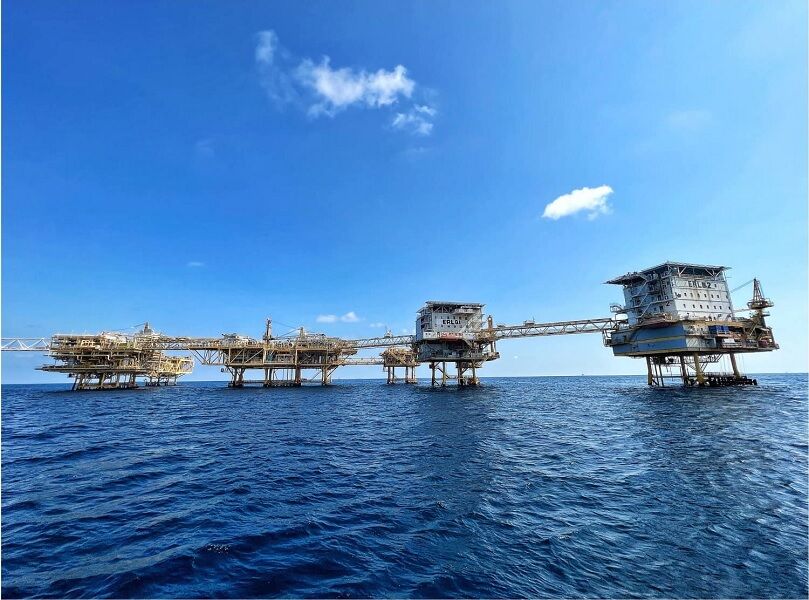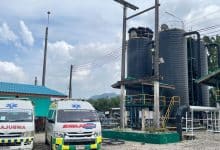PTTEP boosts gas production at Erawan to avoid hefty fine

PTT Exploration and Production Plc (PTTEP) is stepping up gas production at the Erawan gas block in the Gulf of Thailand to avoid a hefty fine. The penalty would be due to a failure to supply the volume of gas stipulated in a contract signed with PTT Plc, Thailand’s sole gas dealer.
The chief executive of PTTEP, Montri Rawanchaikul, expressed confidence in their ability to meet the contract’s demands.
“Our production capacity is currently 400 million standard cubic feet per day [MMSCFD]. The amount will keep increasing from March, reaching 800 MMSCFD on April 1.
PTTEP operates the Erawan gas block, also referred to as G1/61, via its subsidiary PTTEP Energy Development Co. This subsidiary is presently fast-tracking the installation of equipment and machines at wellhead platforms.
His remarks surfaced in the wake of a 4.3-billion baht fine PTT imposed on the gas supplier for non-compliance with a gas purchase contract.
Previously, PTTEP experienced a delay in taking over the Erawan operation after winning an auction in 2018. The delay was due to an ongoing dispute between its predecessor, US-based Chevron Corp, and the Mineral Fuels Department, over who was responsible for paying for transferable asset decommissioning.
This dispute was resolved in 2022, paving the way for PTTEP to gear up for gas production. Nevertheless, the delay, coupled with a dearth of new petroleum exploration at the gas block, led to a reduction in gas supply. In 2023, gas production stood at a mere 200 MMSCFD.
An insider at the Energy Regulatory Commission suggested that if PTTEP fails to ramp up gas production as planned, it could opt to import Liquefied Petroleum Gas (LNG) as a substitute to avoid the fine. However, it should sell it at the same price as that of gas from Erawan.
In recent years, domestic gas has been cheaper than LNG, which has experienced price volatility primarily due to the Russia-Ukraine conflict.
The increased reliance on pricey LNG in Thailand has been blamed for escalating electricity prices. Currently, gas constitutes 60% of the fuels used for power generation in the country, reported Bangkok Post.
Latest Thailand News
Follow The Thaiger on Google News:


























